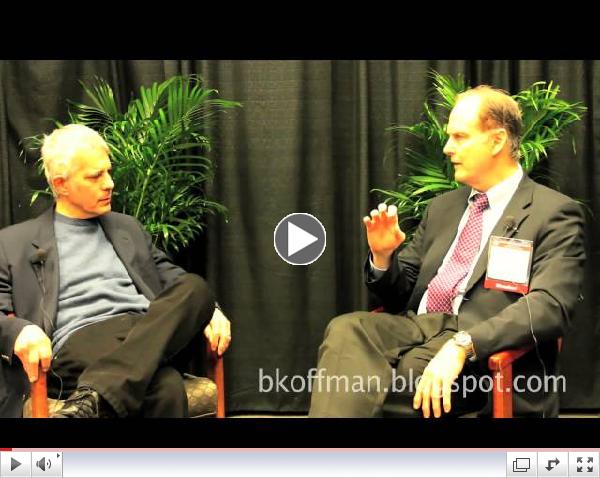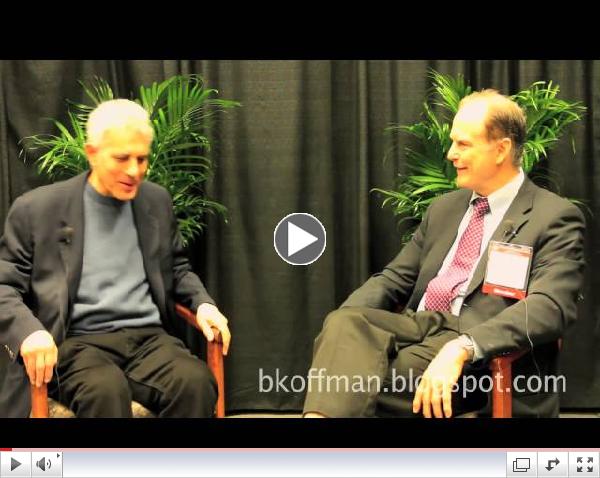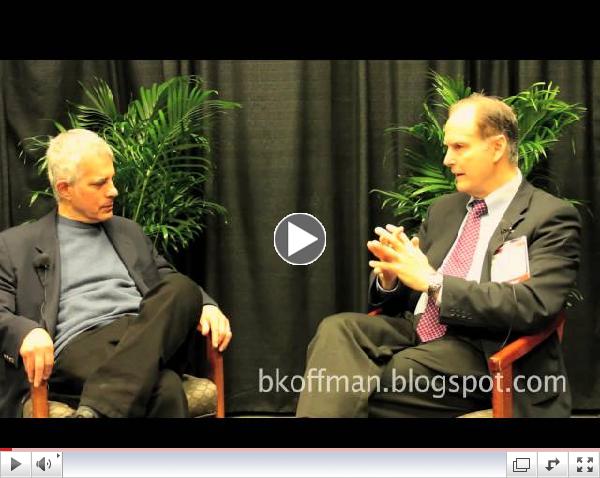|
BE SOCIAL | |
__________________

|
|
SPECIAL OCCASIONS
|
Tired of searching for the perfect gift? A donation to CLL Global is a great way to recognize someone you care about. We offer personalized acknowledgement cards for any occasion (birthdays, anniversaries, etc.)
If you are interested, send an email to info@cllglobal.org.
|
|
FEATURED VIDEOS | |
Dr. Brian Koffman interviewed Dr. Thomas Kipps from University of California, San Diego during the annual meeting of the American Society of Hematology.
Part I:
Understanding CLL Biology and New Therapies

Part II:
BCR and Chemokines: Targeting CLL Pathways and Signaling

Part III:
CLL Genetics & Epigenetics
Part IV:
ROR1 & CARS

|
|
QUESTIONS/COMMENTS? | |
Is there something specific you want to read and learn about?
Let us know if you have any comments or suggestions for improvement.
You are the reason CLL Global exists, and we want to hear from you.
info@cllglobal.org |
|
DONATE NOW!! | |

|
|
|
|
Greetings!
It is hard to believe that the spring season is upon us again. Hopefully, the crazy weather patterns are over and we can reacquaint ourselves with the outdoors.
Speaking of introductions, this issue introduces you to our four latest grant recipients. Scroll down to learn more about the individuals and the projects they will be investigating. We also bring you an update on a previously funded genetic project.
|
|
|
HAPPENINGS | |
Latest Grant Recipients Announced
CLL Global recently awarded four new grants. The research questions cover a variety of topics, but the common element is that each of the projects aims to generate clinically relevant information within two to three years. CLL Global is grateful to its Scientific Advisory Board and our external reviewers for their thoughtful consideration of the submitted applications. Below, please meet our four new recipients.
Dr. Rosa Bernardi (San Raffaele Scientific Institute, Milan, Italy): Dr. Bernardi is evaluating the role of oxygen reduction i n the cellular environment on the development and progression of CLL. She wishes to understand the contribution of hypoxia-induced signaling (decreasing oxygen) towards regulating cell survival mechanisms. The ultimate goal is to develop new therapies for CLL which target this pathway. Read Abstract. n the cellular environment on the development and progression of CLL. She wishes to understand the contribution of hypoxia-induced signaling (decreasing oxygen) towards regulating cell survival mechanisms. The ultimate goal is to develop new therapies for CLL which target this pathway. Read Abstract.
Dr. Asish Ghosh (Mayo Clinic): Dr. Ghosh is studying the role of extracellular vesicles in CLL progression and therapeutic outco mes. These vesicles alter stromal cell function. Dr. Ghosh and colleagues will examine various attributes of the microvesicles as patients progress through their clinical course and treatments. Information learned from this study should enhance our understanding of and ability to prevent disease progression. This study could allow physicians to better predict clinical/therapeutic outcomes for CLL patients. Read Abstract. mes. These vesicles alter stromal cell function. Dr. Ghosh and colleagues will examine various attributes of the microvesicles as patients progress through their clinical course and treatments. Information learned from this study should enhance our understanding of and ability to prevent disease progression. This study could allow physicians to better predict clinical/therapeutic outcomes for CLL patients. Read Abstract.
Dr. Graham Packham (University of South Hampton, United Kingdom): Dr. Packham is studying the communication between the B-cell receptor and proteins on the surface of  CLL cells. The B-cell receptor (BCR) is a specialized protein that sits on the surface of CLL cells. It can detect cues from outside the cell and trigger responses within the cell that promote the survival and growth of leukemic cells. The BCR also communicates with other proteins on the surface of CLL cells, including CXCR4, which helps to control how CLL cells move around the body. It may also be possible to develop new treatment strategies to interfere with BCR/CXCR4 communication. Read Abstract. CLL cells. The B-cell receptor (BCR) is a specialized protein that sits on the surface of CLL cells. It can detect cues from outside the cell and trigger responses within the cell that promote the survival and growth of leukemic cells. The BCR also communicates with other proteins on the surface of CLL cells, including CXCR4, which helps to control how CLL cells move around the body. It may also be possible to develop new treatment strategies to interfere with BCR/CXCR4 communication. Read Abstract.
Dr. Alfonso Qunitas-Cardama (MD Anderson): Dr. Quintas-Cardama is looking at a high-risk group of CLL patients, those with chromosome 17p deletion (17p-). In general, these patients fail to respond to standard treatment and typically have poor outcomes. Loss of 17p is often associated with a mutation in the p53 gene, an important gene in predicting the effects of chemotherapy and radiation. p53 mutations are detected in 7-9% of patients newly diagnosed with CLL and in 30-40% of patients who have failed front-line chemoimmunotherapy. Recently, ibrutinib, an inhibitor of the Bruton's tyrosine kinase (Btk), has shown preliminary activity in CLL with 17p-. Dr. Quintas-Cardama and colleagues will use a genetically engineered mouse model with and without p53 mutations to study the impact of the mutation on response and survival. His group will study responses when conventional (fludarabine) or Bkt inhibitor (ibrutinib) therapy is used. Read Abstract. |
RESEARCH NEWS
| | |
Characterizing Trisomy 12
CLL Global recently received an update from Dr. Lynne Abruzzo (MD Anderson) regarding her grant to characterize CLL with isolated trisomy 12. We are excited to share with you the progress being made.
It has been a while since we last discussed trisomy 12, so let's start with a brief refresher. Trisomy 12 means there are three copies of chromosome 12; there should only be two copies. This aberration occurs in approximately 15% to 20% of CLL patients. Patients with trisomy 12 have an unusually high expression of CD20, a surface protein on B-cells, compared to CLL cases with other chromosomal abnormalities.
Trisomy 12 is categorized as an intermediate-risk abnormality referring to the likelihood of a patient's disease pro gressing and needing treatment. Fortunately, many patients with trisomy 12 respond very well to chemoimmunotherapy. On the whole, patients with trisomy 12 often have a poorer prognosis compared to patients with chromosome 13 deletion, another common abnormality but better than any other cytogenetic category. gressing and needing treatment. Fortunately, many patients with trisomy 12 respond very well to chemoimmunotherapy. On the whole, patients with trisomy 12 often have a poorer prognosis compared to patients with chromosome 13 deletion, another common abnormality but better than any other cytogenetic category.
There have been few studies conducted to identify the critical genes that contribute to the more aggressive behavior of the disease in patients with trisomy 12. Dr. Abruzzo and colleagues proposed studies to identify biological targets causing the poorer prognosis.
After a year of CLL Global funding, Dr. Abruzzo has completed the gene expression profiling on more than 90 CLL cases. Her work has identified a subset of protein-coding genes that distinguishes trisomy 12 CLL cases from other types of CLL. Dr. Abruzzo's ongoing work is aimed at identifying important microRNA genes and other genes which do not make a usual protein. (microRNAs are small genes that destroy the message of several protein-coding genes.)

Going forward, Dr. Abruzzo plans to determine how the presence of protein-coding genes affects critical cellular functions, such as cell production, cell death and colony formation. In the lab, the team will alter the amount of protein encoded by the genes and evaluate the effect on cell function.
Several research groups have recently identified that the Notch1 protein is mutated in up to 30% of CLL cases with trisomy 12. Accordingly, Dr. Abruzzo and colleagues are expanding their work to look at how Notch1 mutations affect CLL. Their goal is to define a CLL-specific predictor of Notch1 activation in CLL. Inhibitors of the Notch1 protein are alreay in clinical trials. |
|
THANK YOU FOR SUPPORTING US! | | |
Thank you to each of you reading this newsletter. Whether you are a patient, a family member, a friend or CLL researcher, we are all united in our goal to make progress in eliminating CLL. We appreciate your passion and commitment whether you are supporting the research, advocating for a friend or family member, or conducting research in a lab or clinic. Together, we are making progress.
Sincerely,
CLL Global Research Foundation
|
|
|